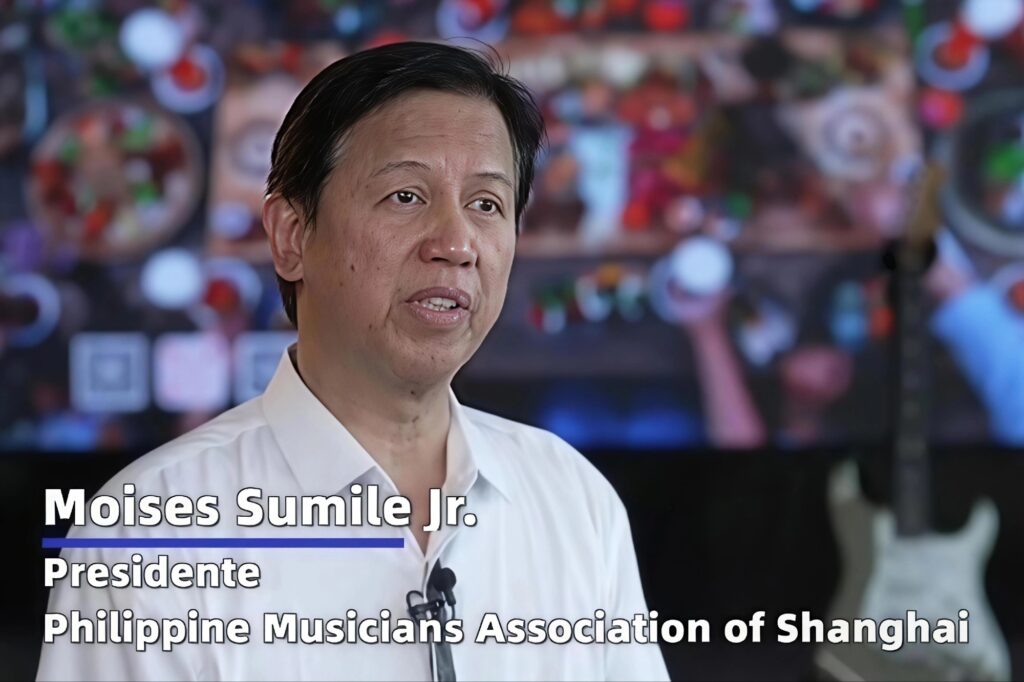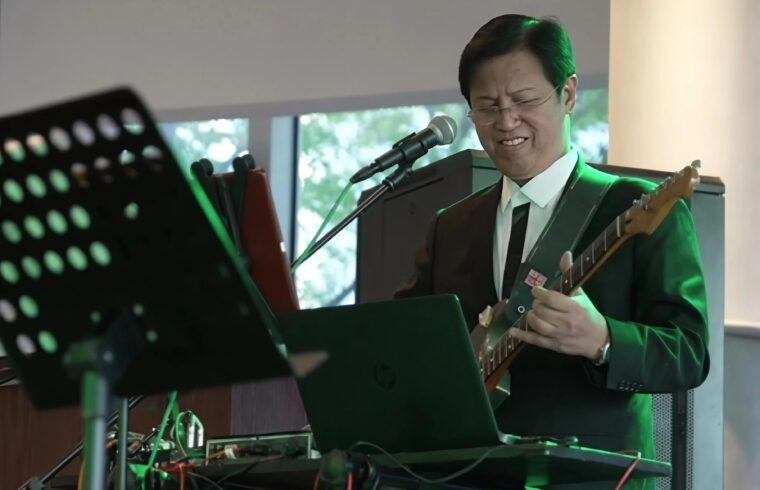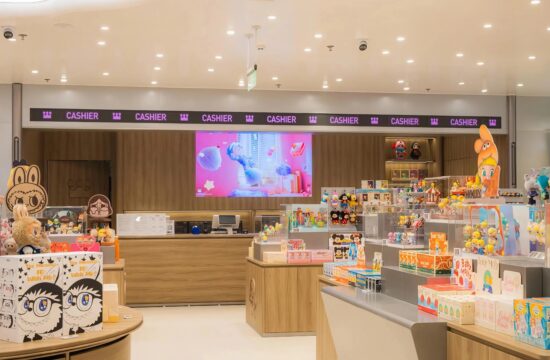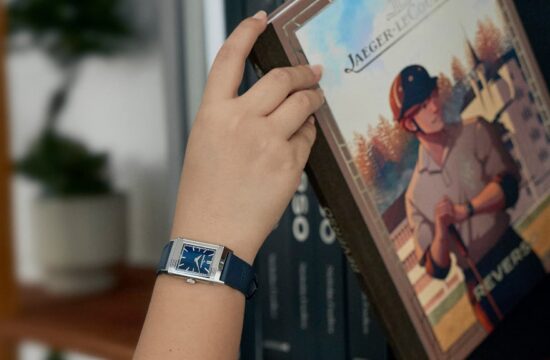
In the vibrant city of Shanghai, a Filipino musician has spent more than two decades bridging cultures through song. Moises “Moi” Sumile Jr., a singer and band leader from Davao, has become a quiet bridge between the Philippines and China, his melodies carrying the sound of friendship.
Sumile’s story traces back to the early 2000s, when the Asian financial crisis dimmed performance opportunities across the region. A seasoned musician who had performed for international audiences across Asia, he found a new stage in Shanghai—a city that has welcomed Filipino talent since the 19th century. From the jazz halls of the 1920s to the high-end lounges of today, Filipino musicians have long serenaded Shanghai’s ever-evolving skyline—and Moi has carried that legacy forward with sincerity and purpose.
“Sa kalaunan nagustuhan ko din ang kultura ng China, pareho tayong family-oriented,” he said. “Ang mga Chinese ay masisipag; ang mga Pilipino, masisipag din.” In time, Shanghai became not just a workplace but a second home. Performing Mandarin favorites like “Yue Liang Dai Biao Wo De Xin” and “You Duo Sha Ai Ke Yi Chong Lai”, he won the admiration of local audiences who found in his voice a shared sentiment between two peoples.
But Moi’s contribution extends beyond the stage. In 2007, he founded the Philippine Musicians Association of Shanghai (PMAS), a community born from solidarity and compassion. What began as a small circle of performers has grown into the largest Filipino organization in China, now boasting more than 700 members. Under his leadership, PMAS has become a support network for Filipino artists abroad—offering assistance to those in distress, raising funds for disaster victims in the Philippines, and organizing cultural events that showcase Filipino artistry to the Chinese public.
“While not connected to any charitable institution, our group has been doing fundraisers that have contributed to helping other musicians here and their families, and those back home in the Philippines,” Moi said in an earlier media interview. With sponsors ranging from airlines and food brands to the Philippine Department of Tourism, PMAS has transformed music into a means of empathy.
Moi’s message to young Filipino musicians is grounded in humility and openness: “Kung talagang gusto n’yo ituloy n’yo ‘yung mga plano, masaya po kasi ang isang musikero. Pero dapat handa kayo. Dapat marunong tayong mag-adjust sa kultura, sa klase ng musika… never stop learning.” His advice captures not only the realities of performing abroad but also the spirit of adaptability that defines Filipino artists worldwide.
Through melodies shared on Shanghai’s grand stages and community halls, Moi continues to express what diplomacy often struggles to articulate: respect, generosity, and kinship. “Kailangan natin na ipakita rin sa bansang ito na okay tayong mga Pilipino, matulungin tayo at maawain,” he said. “Gusto kong sa pamaraan na iyan ay nagko-connect ang magandang relasyon ng Pilipinas at China.”
In an age of shifting alliances and tense headlines, his music offers a softer, enduring reminder—that cultural understanding begins not in diplomatic corridors, but in the universal language of song. For Moises Sumile Jr., every note played in Shanghai is a testament to what harmony between nations can sound like when compassion leads the tune.











